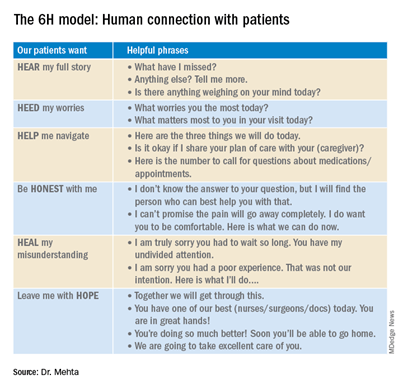As a healthcare leader, the tasks before you are tremendous. Think of yourself as a captain sailing your ship through murky waters. Each day of the journey, you must motivate your crew by:
- Influencing as a coach.
- Continuously improving processes and physician performance.
- Supporting team members through external pressures and personal struggles.
- Maintaining strong ties with hospital administration.
With so many tasks competing for your attention, it’s hard to keep a constant pulse on the team’s morale which frankly, is at an all-time low due to the pandemic.
In a 2020 survey of over 15,000 physicians, 42% of respondents reported experiencing burnout symptoms. Burnout impacts both patients as well as physicians because it’s associated with loss of empathy, impaired job performance, and increased incidence of medical errors.
 Burnout and its effects cost the health care system approximately $4.6 billion a year. The estimated annual economic cost associated with burnout related to turnover and reduced clinical hours is approximately $7600 per employed physician each year.
Burnout and its effects cost the health care system approximately $4.6 billion a year. The estimated annual economic cost associated with burnout related to turnover and reduced clinical hours is approximately $7600 per employed physician each year.
In their perspective piece on burnout, authors Hartzband & Groopman mention 3 essential domains to address burnout: autonomy, competence, and relatedness (the psychological feeling that one belongs and has interpersonal attachments/connection to the organization).
While systemic change to improve healthcare largely depends on hospital administrators, regulators, and legislators, what you can control is improving the day-to-day work environment of your team.
One of the most important jobs a leader has is addressing your team members’ concerns and intentionally improving their feeling of relatedness. Here, I apply a simple tool you can use to surface clinicians’ concerns: the 6H model. Walking through the six steps below with each of your team members — ideally monthly and at least quarterly — is a great way to foster buy-in, accountability and partnership.
| Our clinicians want (6H Model): | Helpful phrases for leaders: |
|---|---|
| HEAR my full story |
|
| HEED my worries/opinions |
|
| HELP me navigate |
|
| Be HONEST with me |
|
| HEAL my misunderstanding |
|
| Leave me with HOPE |
|
By utilizing the 6H model, leaders can help their team navigate the sea of burnout by nurturing relatedness. By working to remedy their team’s individual and collective challenges, leaders earn the trust of their hard-working crew.
Rounding on your team utilizing this approach consistently improves departmental culture, relatedness and leads to a thriving work environment. Rounding with authentic curiosity, reflective listening, and compassion is the much-needed salve for our clinicians’ bruised spirits.



Leave A Comment